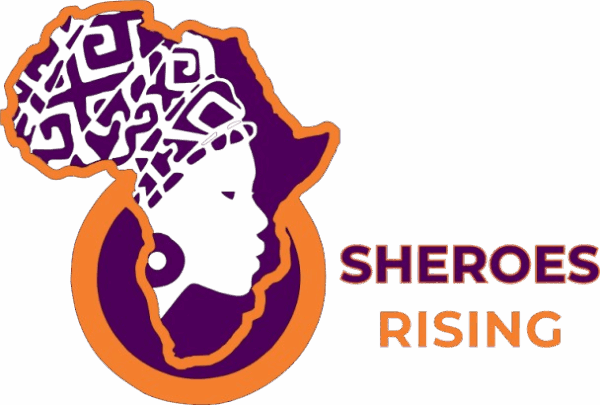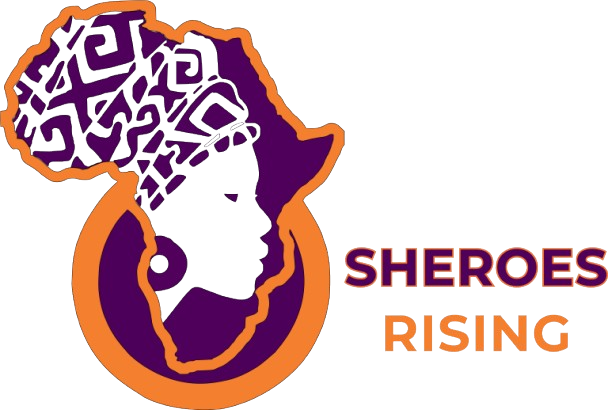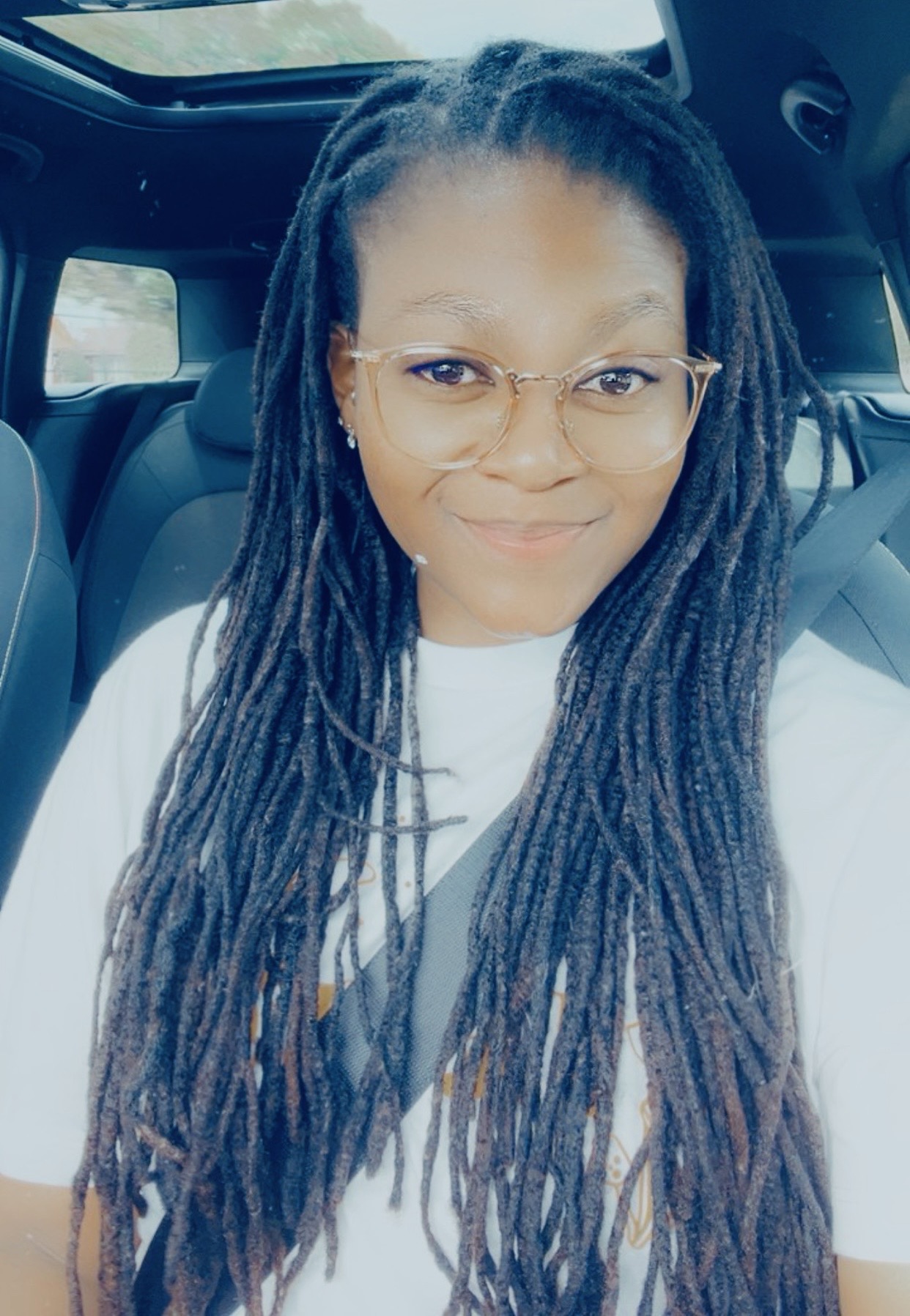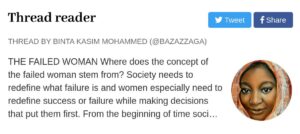When I twist my hair, I am twisting time. I am communing with ancestors who knew that beauty was never just decoration; it was declaration.
I shouldn’t have to justify my preference. In South Africa, every September 24 is Heritage Day; a time to honor culture, tradition, and ancestry. But I don’t wait for a holiday to celebrate my decolonized self. I live it, I wear it. More than anything, it’s who I am.
I decolonized my hair in 2012, the year of my becoming—a reckoning with everything colonialism had taught me to hide. It was honoring my heritage through resistance and reverence. My hair brought meaning beyond aesthetics; it carried my lineage and ancestral memory. Reclaiming it meant sovereignty over my own body, a choice both intimate and political.
My hair is a living archive. Each coil carries the memory of people who braided wisdom into survival. Its very texture is proof of where I come from — descendants who endured, who created, who would not be erased.
I remember the rituals: the scent of coconut oil, the gentle pull of plaits, the stories drifting between scalp and soul. My grandmother’s hands knew how to speak to my roots. In those moments, it went beyond a hair being styled; I was a granddaughter being remembered.
When I twist my hair, I am twisting time. I am communing with ancestors who knew that beauty was never just decoration; it was declaration. What looks like an elaborate haircare for some is a sacred ceremony for me.
But colonialism taught me to forget—to tame my hair, straighten it, vanish myself in compliance. Eurocentric beauty standards pathologized my natural texture, calling it “unprofessional,” “messy,” “too political.”
School rules banned dreadlocks. Job interviews demanded assimilation. Even friends and family, shaped by survival, urged me to conform.
The violence was subtle and systemic. It taught me that acceptance required erasure, that my crown was a burden. Colonialism stole more than land—it stripped away texture, taught us that straight hair was superior, that our natural state needed correcting.
I’ve been told my dreadlocks are “too much,” my locs “unprofessional,” my headwrap “distracting.”
But what they really mean is this: my presence disrupts the lie that Whiteness is default, that Blackness must be muted, that heritage must stay hidden.
So I cut the chemicals. I stopped apologizing for my hair’s volume, length, and texture—for taking up space. I learned to twist, to wrap, to wear my hair in ways that honored its truth. With the rituals came pride, and in that pride, I found myself again. And in that pride, I reclaimed myself. Each style—or absence of it—became a declaration:
I am not here to conform. I am here to remember.
Reclaiming my hair meant reclaiming my voice. I stopped asking permission to exist, stopped shrinking to fit systems never built for me. I began to see my hair as a compass, pointing me back to myself. I wore my locks to boardrooms. Let my mane bloom at conferences. Wrapped my head in Njeti cloth at gatherings.
Each choice was a refusal, each style its own sermon. I am not here to be palatable. I am here to be powerful.
Now, when I walk into a room with my locks haloed in sunlight, I am not just making a fashion statement but a political one. My hair is protest.
It carries poetry and refuses to be silenced.
In a world that still polices Black bodies, wearing my hair freely is an act of sovereignty. It says: I belong. I’m enough. I am the very roots that coil from my scalp. And visibility isn’t vanity — it’s victory!
When I wear my hair freely, it speaks for me: I survived. I remember. I won’t be erased. My hair is a banner of resistance, a celebration of heritage. It is a mirror for every Black girl who wonders if she’s enough.
My decolonized hair is a message: You are enough. You always have been.
To every Black woman reclaiming her crown, may your coils be loud, your edges proud, and your rituals sacred. May your hair remind you that you are the archive, the altar, and the anthem.
Decolonizing my hair had little to do with strands. It was about soul—about choosing myself, again and again, in a world that profits from my erasure.
So no, I won’t “get my hair done.” It is done. It is divine. It is mine.
To every Black woman reclaiming her crown: Document your journey. Archive your rituals. Share your story. Wear your crown unapologetically.
Let our hair be loud. Let our heritage be seen. Let our resistance be rooted.









